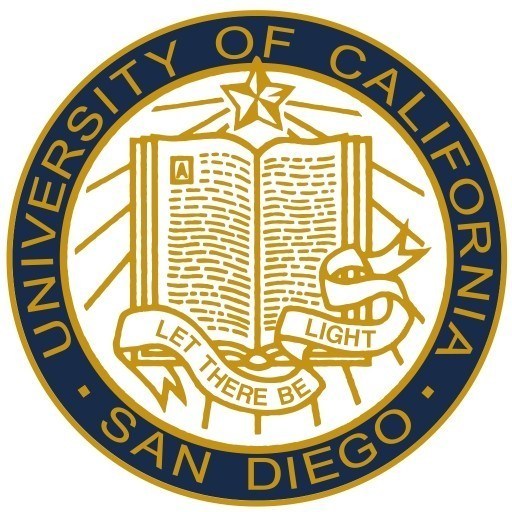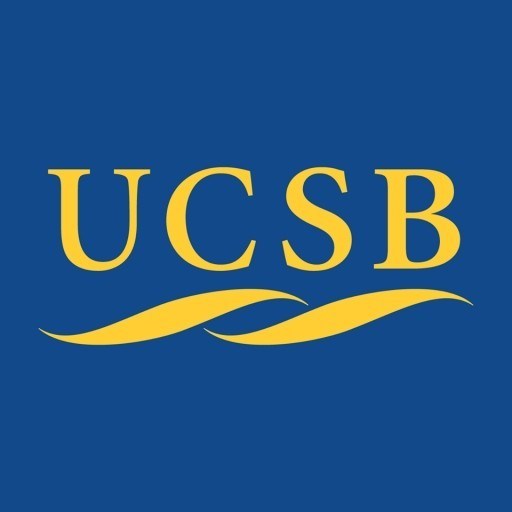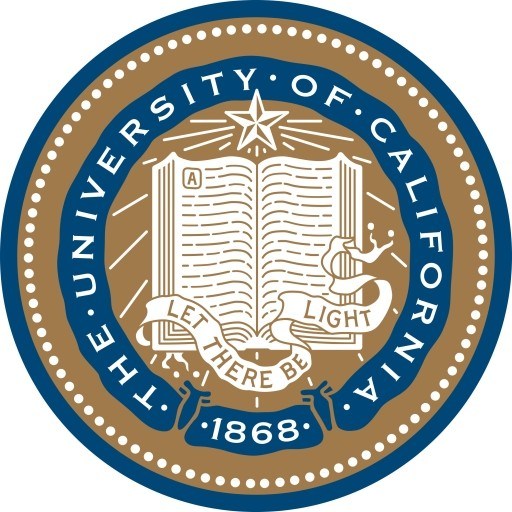Photos of university / #hampshirecollege
The Linguistics program at Hampshire College offers an innovative and interdisciplinary approach to the scientific study of language. Students explore the fundamental nature of human language, examining its structure, meaning, and social dimensions through a diverse range of theoretical and empirical methods. The curriculum emphasizes critical thinking, analytical skills, and creativity, preparing students to understand the complexities of language across different contexts and communities. Throughout the program, students engage with core areas such as syntax, phonetics, semantics, and morphology, while also exploring applied topics like language acquisition, psycholinguistics, and computational linguistics. Hampshire’s decentralized, student-driven learning environment encourages individualized study and active participation, allowing students to design a personalized academic journey aligned with their interests and career goals. Faculty mentors guide students through research projects, fieldwork, and collaborative initiatives, fostering a vibrant learning community that bridges linguistics with fields like cognitive science, anthropology, psychology, and computer science. The program also emphasizes the social and cultural aspects of language, addressing issues such as language preservation, bilingualism, and linguistic rights. Graduates of the Hampshire College Linguistics program are well-equipped to pursue careers in academia, technology, education, government, or non-profit sectors, often leveraging their skills in research, data analysis, and cross-cultural communication. With a flexible and inclusive approach to learning, the program prepares students to critically analyze language phenomena and contribute to solving real-world linguistic challenges. This comprehensive educational experience combines rigorous scholarship with a commitment to social justice, fostering graduates who are thoughtful, innovative, and globally minded.
- Discovering Rules in an Extinct Language: Sound Patterns of Osage
- Discovering Rules in an Extinct Language: Sound Patterns of Osage
- Research Seminar in Linguistics and Philosophy: Performative Utterances
- Forms of Address in Linguistics and Literature
- What Is a Theory of Meaning Like?
- Words, Faces and Other Minds
- The Structure of Words: Evidence from Hebrew, Arabic and English
- Intro to Linguistic Theory
- Intro to Phonetics For Linguists
- Intro to Syntax
- Intro to Semantics
- Intro to Computational Linguistics
- People & Their Language
- Language Through Time
- Lang Acquisition & Human Nature
- The Sounds of Englishes
- Language and Cognition
- Indigenous Lang of North America
- Syntax & Dialects
- Field Methods
- Use & Meaning
- Speech Sounds and Structure
- Speech Processing
Requirements
- Common Application
- An academic paper in English
- Supplemental essay responses
- Current transcripts
- School report, including guidance counselor recommendation
- At least one letter of recommendation from a teacher
- Certification of Finances form
- TOEFL or IELTS score (Minimum TOEFL score of 91 or a minimum IELTS score of 6.5. Predicted grades for IB English A1 or A2, or for A-level English, will also be considered.
- Additional letters of recommendation, up to three
Scholarships
- MacArthur Foundation Grant Making Programs
- American Association of University Women
- Fulbright International Scholarship Program for non-US students
Linguistics at Hampshire College offers an interdisciplinary approach to the scientific study of language, focusing on understanding how languages work across various contexts and cultures. The program emphasizes critical thinking, analytical skills, and hands-on research experience, preparing students to explore the nature of language, its structures, and its social significances. Throughout the curriculum, students examine syntax, phonetics, phonology, semantics, and pragmatics, as well as language acquisition, change, and diversity. The program encourages students to explore the connections between language, cognition, society, and culture through diverse coursework and independent projects.
Students have opportunities to work closely with faculty on research initiatives, participate in linguistic fieldwork, and engage in innovative projects that may involve documenting endangered languages or analyzing language use in communities. The program also promotes understanding of the broader implications of language technology, language policy, and sociolinguistics, fostering a comprehensive perspective on language in its many forms. Hampshire’s individualized educational model allows students to tailor their studies based on their interests, combining linguistics with anthropology, psychology, computer science, or other disciplines.
Graduates of the program are well-prepared for careers in language documentation, computational linguistics, speech and language therapy, education, and research. They are also equipped with the critical perspective necessary for work in diverse cultural and social settings, or for continuing their studies at the graduate level. Hampshire College’s unique approach emphasizes experiential learning, collaborative scholarship, and community engagement, making the linguistics program a dynamic and enriching academic journey tailored to the interests and goals of each student.



